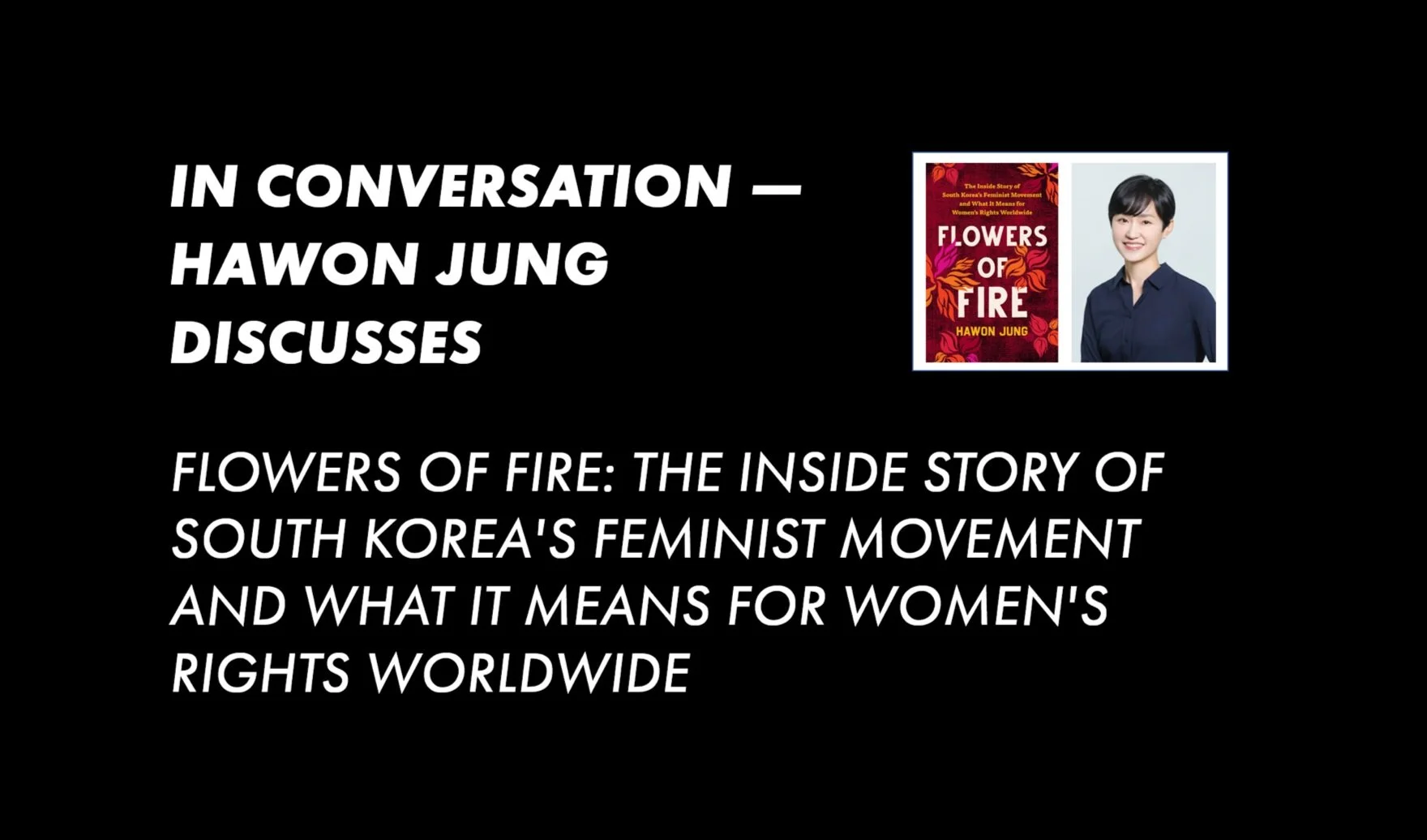Written by Wendy Chang and Antonia Hmaidi
By expanding the definition of national security to address the newly antagonistic world that China and the US perceive themselves in, both countries seem ready to accept the fragmentation of their ever-more digital economies and societies as inevitable.
Read More















